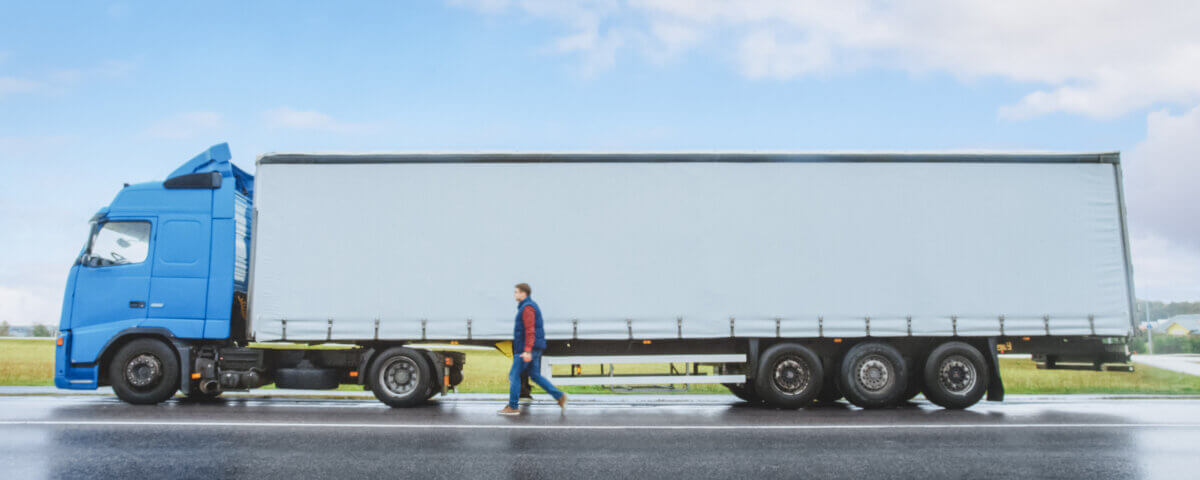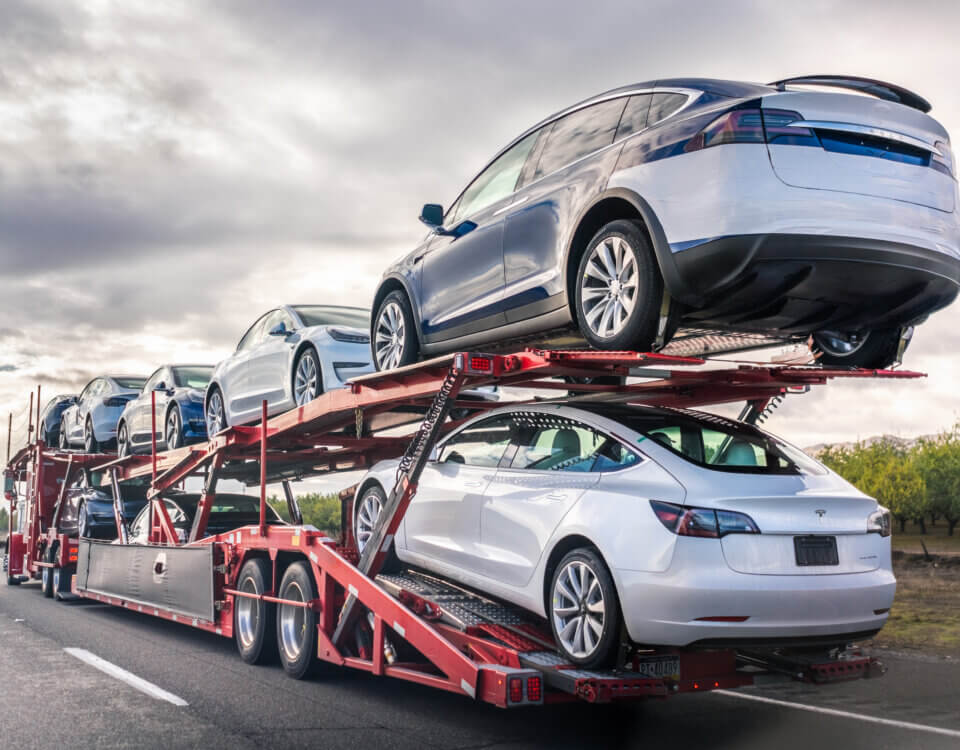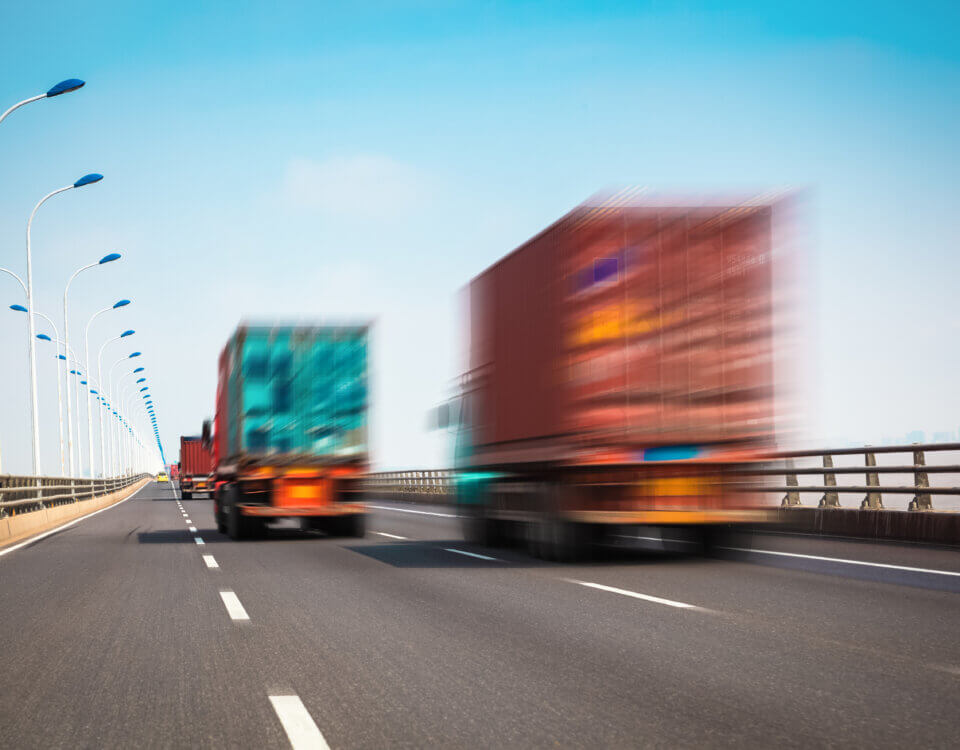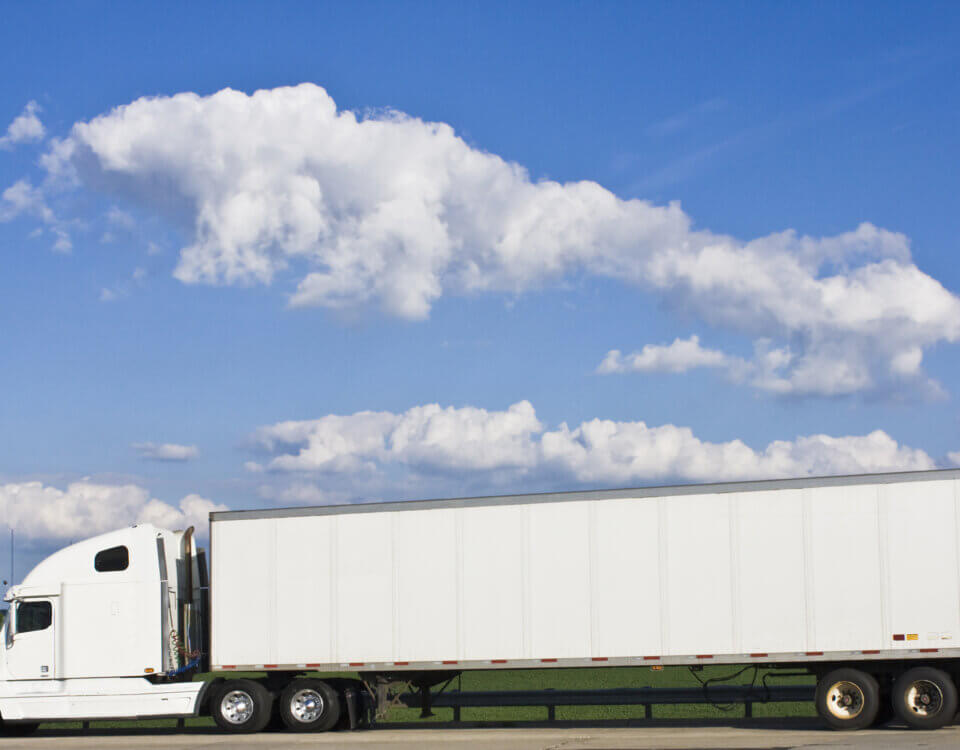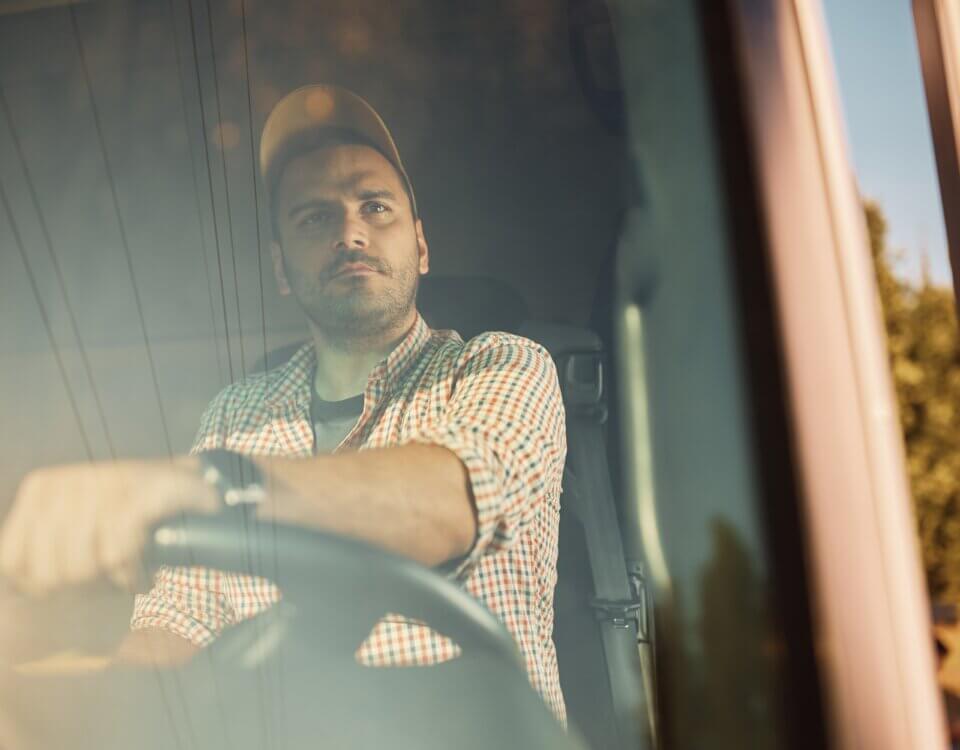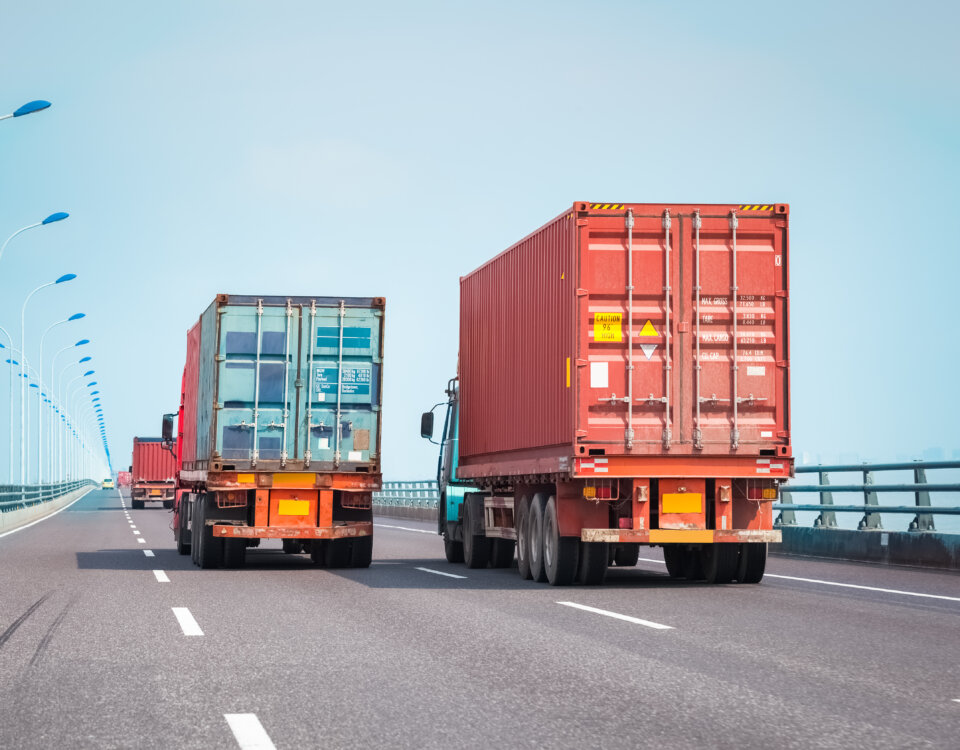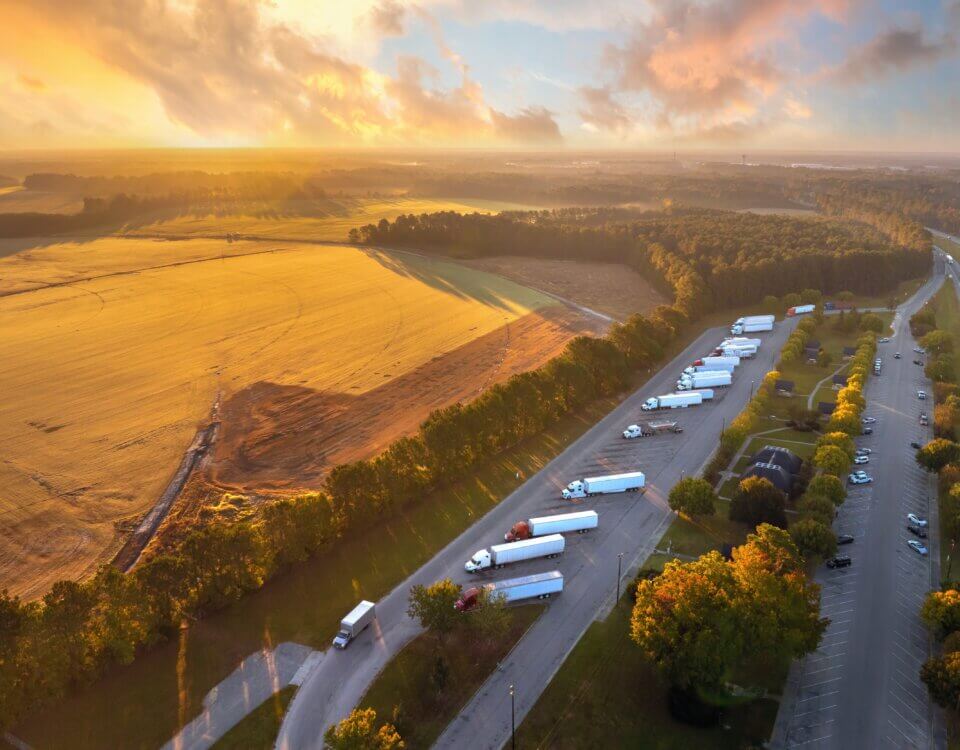While commercial trucks are the lifeblood of economies across just about every state, their very presence on the road carries risks. Thankfully, for Oakland residents injured in a truck accident, Hillstone Law Accident & Injury Attorneys has the Oakland commercial truck accident lawyers you need when faced with the aftermath of such events.
Why Work With an Oakland Commercial Truck Accident Attorney?
Legally speaking, you don’t need an attorney to make a claim. That said, having a specialized Oakland commercial truck accident attorney on your side can help address several complexities that can hinder your pursuit of compensation.
Federal Regulation
In addition to having to follow state traffic laws, commercial trucks are also subject to regulations set by the Federal Motor Carrier Safety Administration (FMCSA). This body sets rules governing mandatory rest periods, maintenance logs, driver qualifications, and anything necessary to maintain commercial vehicle safety standards.
Commercial truck operators are expected to be aware of both state and federal-level regulations, given that they regularly cross state lines to deliver cargo. Failure to do so often plays a significant role in establishing liability in truck accident cases.
Local Complexities
Oakland has over 1,300 registered commercial vehicles currently active as of 2025. Major corridors such as West Oakland and I-880 see a whopping 7,200 and 9,700 trucks per year, respectively.
As one would expect from a major city, neither this flow nor the city itself can slow down or stop for the other. This means a higher risk of fatigued drivers, hazardous routes, and high-speed, deadline-driven deliveries.
You don’t just need any lawyer on your side when these factors come into play; you want a local attorney who understands these factors. You want someone who understands why something happened here as much as what exactly happened.
Facing Commercial Insurance Providers
It’s common knowledge that insurance providers aren’t your friends; after all, they are a business like any other, with the goal of making money. Unfortunately, this is all the more evident in truck accident cases, where potential damages can easily reach seven to eight-figure sums.
Once an accident is reported, insurance companies dispatch investigators, adjusters, and their own legal teams within hours, all with the goal of minimizing your payout before you can speak with a lawyer.
Attorneys who specialize in truck accident cases fight fire with fire. Ours at Hillstone Law launch their own rapid-response investigations, gathering as much evidence as possible before the insurer can solidify its narrative.
Who Is Liable in an Oakland Commercial Truck Accident?
Liability in a commercial truck accident isn’t limited to just the driver behind the wheel. These cases often involve multiple at-fault parties, each playing a role in how and why the crash occurred.
Uncovering every source of liability is critical to securing full compensation.
The Truck Driver
Truck drivers are held liable if their actions contribute to the accident. Typically, this means they either broke traffic laws (such as by speeding, driving under the influence, driving distracted, etc.), or violated FMCSA or company regulations.
Truck drivers are usually contractors carrying their own insurance policy. When the truck driver is at fault, you will have to pursue compensation from their personal insurance coverage.
Note that the trucker’s policy will typically only apply if they are both at fault and were off-duty when the accident occurred.
The Trucking Company
If the accident occurred while the trucker was on duty, the legal doctrine of respondeat superior applies. This rule holds companies accountable for the actions of employees and contractors operating under their name.
In addition to liability for individual actions committed by drivers, a trucking company can also face what is called independent liability. This is liability that is separate from that of employees, indicated by practices that allow for the crash to occur.
Here are some examples of independent liability:
- Negligent hiring: If a truck company hires drivers with a history of vehicular accidents and/or road violations, a case can be made to argue that they engage in negligent hiring.
- Inadequate training: It’s generally expected that truck companies have a rigorous training and onboarding program for employees, regardless of new hires’ previous experience. Lack of training directly contributes to accidents in trucking companies, as in any other industry.
- Poor vehicle maintenance: Some companies may skip inspections and repairs in order to push “just one more trip” to meet a deadline, unaware that that one trip might be the last.
- Unsafe policies: Sometimes, the policies, structure, or culture a company practices, whether official or unofficial, can lead to an accident. The most common example of this would be forcing (or even just allowing) drivers to work beyond hours of service (HOS) limits.
Cargo Loaders
Some accidents are caused by improperly secured or overloaded cargo, and while it can be argued that it’s the driver’s responsibility to ensure their load is secure, the loading company can also very realistically share the blame.
Maintenance Contractors
In cases where a trucking fleet outsources vehicle upkeep, there can be an argument for the maintenance contractor sharing liability. This is usually the case in accidents involving some form of mechanical failure.
If brakes fail, tires blow out, or steering malfunctions, the trucker may point out that they are supposed to trust that the maintenance crew does their jobs.
Parts Manufacturers
Another party that may be responsible in the event of parts malfunctioning is the manufacturer of said components. Such instances usually lead to product liability claims against large corporations, sometimes to the point of a class action lawsuit.
Government Entities
Finally, there are accidents where road and/or driving conditions themselves played a role in the accident. If missing signage or poor road conditions contribute to a crash, the government agency in charge of maintaining the facilities can share in liability.
Claims against these bodies have a separate set of procedures to consider, however, and should usually be prioritized over claims against other parties.
Can Multiple Parties Share Liability?
Yes. California follows a pure comparative negligence doctrine, which acknowledges the possibility that multiple parties can often share fault.
Under pure comparative negligence, you can still recover damages even if you share a percentage of fault for an accident, though your payout will be reduced by that percentage. For example, if you’re awarded $500,000 but found to be 20% responsible (e.g., for following too closely), your final award would be reduced to $400,000.
More importantly, pure comparative negligence also typically holds each defendant responsible for only their share of damages. So, assuming you have a total of 1 million in damages, and a company was 30% liable, that specific party would only owe you 300,000.
Steps to Take After a Commercial Truck Accident in Oakland
The specific steps to take after a commercial truck accident vary wildly depending on the situation. Ultimately, it will fall to your best judgment as to which step takes precedence over another, but the core idea is to first ensure safety, then coordinate with authorities, and then, and only then, start your claim.
Ensure Your Safety
The first thing to do is check yourself for injuries. After that, check others for injuries, beginning with those in your car, then those in the other car, and finally, any bystanders.
You will want to turn your hazard lights on to avoid causing more accidents down the line. If you can safely move the vehicle out from the roadway, do so; otherwise, wait for emergency services to arrive.
Generally speaking, you should only call 911 after having ensured your safety at least, but in the event there is an immediate threat to anyone involved, call for emergency services as soon as you have gotten your bearings.
Note that while waiting for emergency services, you may want to provide assistance at the scene. Do not, however, move any person who is trapped or unconscious unless you have had the required training and experience to do so.
Moving a person risks worsening their situation or placing yourself at risk. The only time to break this rule is if they are facing an immediate threat to their life.
Coordinate With Emergency Services
Once law enforcement arrives, provide your account of what happened. Be objective, and do not overshare, providing only the details necessary to paint a picture to the best that you can remember it.
When paramedics arrive, do not refuse treatment even if you feel fine. At the very least, agree to an assessment, as some injuries may not be immediately observable.
Document the scene by taking photographs and video recordings of the scene, as well as any interactions with people. An on-site evaluation by responding paramedics will also help you gather much-needed evidence for your claim.
Pursue a Claim
Contact your insurer to report the accident, but do not sign any documents or accept any offers immediately. The insurer will likely try to speed the process up, but that does not necessarily mean getting you an optimal outcome.
Simply tell them of the event and give the same details you gave the police.
Once you have informed your insurance provider, contact a personal injury lawyer. You will schedule a free consultation during which the specific details of your case will be discussed with you, and a strategy will be developed to get you the highest possible settlement amount.
How Long Do I Have to File an Oakland Truck Accident Claim in Oakland?
ations – that is, the time limit you have to file a personal injury claim – in California is generally two years from the date of the injury. Any legal action you intend to pursue, including for a truck accident, has to take place before this window is up.
There are some exceptions to the statute, however.
- Crashes involving government entities: If a crash involves an at-fault city-owned vehicle or a poorly-maintained public facility, it is possible to file a claim against Oakland itself. The caveat is that claims against the government have a much shorter deadline of six months.
- Exception for minors: If the accident victim is a minor (under 18 in California law), the statute of limitations can be delayed. The two-year deadline will not begin until the minor turns 18, allowing them to file a claim until they are 20 years old.
If the statute of limitations expires, you may find that the court will simply dismiss your case regardless of its strength. This is another reason why filing early with the assistance of an Oakland truck accident lawyer is essential for compensation.
Need an Oakland Commercial Truck Accident Law Firm? Call Hillstone Law
If you’re looking for support that can help you pursue the best possible outcome for a commercial truck accident claim in Oakland, call Hillstone Law Accident & Injury Lawyers. When you need a representative in Oakland personal injury law, we are here to take your side.
Insurance providers are a tough opponent when all you want is to get back on your feet. Let us be your advocates and allow our legal team to hold those responsible for your injuries accountable.
Our history of satisfied customers speaks for itself. You can be one of them, too, when you call Hillstone Law at (855) 691-1691 today.
Oakland Commercial Truck Accident FAQ
How much does it cost to hire a commercial truck accident lawyer?
Most personal injury lawyers, including those at Hillstone Law, operate on a contingency fee basis. Your attorney only collects a percentage of your awarded compensation if the case is successful, and if no recovery is made, you owe nothing.
What evidence do I need for a commercial truck accident claim?
In addition to standard crash evidence, truck accidents often require the retrieval of electronic logging device (ELD) data, black box recordings, maintenance logs, dashcam footage, and driver qualification files.
How long does a commercial truck accident case take?
There’s no fixed timeline, as it depends on the complexity of the case, the number of liable parties, the severity of your injuries, and whether the matter is settled or goes to court. Straightforward cases can take a few months, while more complex cases involving independent liability, disputed fault, or government claims may take a year or more.
Note: These blog posts are created solely for the use of Hillstone Law. The information is gathered from internet research, publicly available sources, and artificial intelligence (AI) tools such as ChatGPT. While we aim to share helpful and educational content, Hillstone Law does not independently verify every detail. Some information may be incomplete, outdated, or subject to change without notice. If you believe any part of a post is inaccurate, misleading, or infringes upon copyright, please contact Hillstone Law immediately so we can review it and take appropriate action, including correction or removal.
Disclaimer: The material provided in these blogs is for general informational purposes only and should not be considered legal advice. Reading these posts does not create, and is not intended to create, an attorney-client relationship with Hillstone Law. Our intent is to share knowledge, raise awareness, and provide helpful resources to the public; however, Hillstone Law makes no warranties or guarantees about the accuracy, completeness, or reliability of the information provided, and expressly disclaims liability for any actions taken in reliance on it. The photos used in these posts are for illustrative purposes only and do not depict actual clients, individuals, or incidents unless expressly stated. If you or a loved one has been injured in an accident, please contact Hillstone Law at (855) 691-1691. Our attorneys are available to answer your legal questions and help you understand your rights.
